U.S.-Japan-ROK military cooperation escalates provocations, experts say
East Asia may experience more instability, experts warned, as the United States, Japan and the Republic of Korea aim to strengthen their security cooperation at a trilateral meeting at Camp David, the U.S. presidential retreat.
"The strengthening of military alliances among Japan, the United States, and South Korea will undoubtedly bring about destabilization in the region," said Satoshi Tomisaka, a professor at the Institute of World Studies at Takushoku University in Tokyo, noting this is most likely to be the case when the U.S. attempts to use Japan and the ROK to isolate China.
"This is likely to lead to an escalation of provocations against China," said Tomisaka.
U.S. President Joe Biden is hosting his Japanese and ROK counterparts at a trilateral meeting at Camp David in Maryland on Friday.
It will be the first stand-alone meeting among leaders of the three nations. Japanese Prime Minister Fumio Kishida and ROK President Yoon Suk-yeol will be the first foreign leaders to visit Camp David under the Biden administration. The last time foreign leaders were invited to Camp David was in 2015, under Barack Obama's administration.
John Kirby, U.S. National Security Council coordinator for strategic communications, said the meeting is all about taking affirmative steps toward improving cooperation between each other as well as in a three-way format.
"It's really about moving our relationship with each other and among each other to a whole new level," said Kirby in a media briefing on Wednesday.
Security issues will be among the key focuses of the meeting, analysts said.
The goal of the trilateral meeting can be seen as an intensified alliance to counterbalance China and Russia, said Lee Chang-ho, chairman of the Korea-China Exchange Promotion Committee, a civil group in the ROK.
'Mini-NATO'
"In other words, it is about the establishment of a trilateral alliance between the U.S., ROK, and Japan, like a 'mini-NATO', that can promote strategic economic relationship based on security cooperation in response to China's rise as a major power," said Lee.
The trilateral meeting can be seen as a U.S.-centered one to realize new values, said Kim Moonjun, a professor of the KNU Corporate Management Institute at the Kongju National University in the ROK.
The main agenda of the meeting will include the advancement of economic cooperation in key technologies, the reestablishment of a strategy to upgrade security and economic cooperation to counter China, and enhancing joint response capabilities against the Democratic People's Republic of Korea, said Kim.
According to media reports, it is also expected that Japan will seek support from the U.S. and the ROK for its plan to discharge nuclear-contaminated water from the crippled Fukushima Daiichi plant.
Noting the Yoon administration has already hinted its support for the discharge plan, Kim said the main issue in the country is how much Yoon, for the ROK people, can express opposition to the discharge at the meeting.
The moves by the U.S. also reflect the current anxiety stemming from the ineffectiveness of Washington's strategy in the Asia-Pacific. If China responds patiently and resolutely, the intentions of the U.S. might backfire, said Tomisaka from Takushoku University.
In a daily news conference on Tuesday, Chinese Foreign Ministry spokesman Wang Wenbin said: "China opposes relevant countries assembling exclusionary groupings, and practices that intensify antagonism and undermine the strategic security of other countries. China hopes that relevant countries will act in line with the trend of the times and contribute to regional peace, stability and prosperity."
Reflecting upon the extensive harm Japan inflicted upon Asia during World War II and considering Japan's postwar commitment to seeking peace, it is disheartening to see recent developments where Japan is again introducing tensions into the region, Tomisaka added.
In a speech celebrating the ROK's National Liberation Day on Tuesday, which marks the end of Japan's imperial rule in 1945, Yoon said Japan is a "partner" that shares universal values and pursues common interests.
His speech was criticized by the opposition as neglecting the country's painful history with Japan.









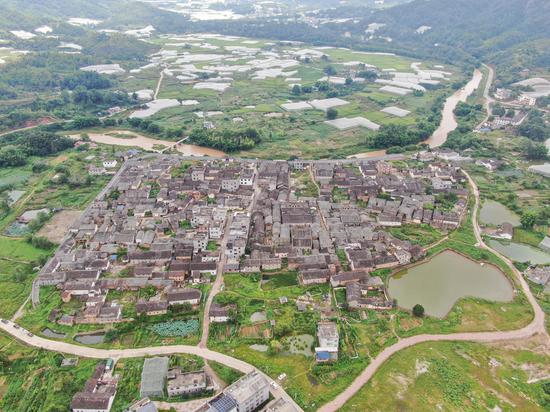


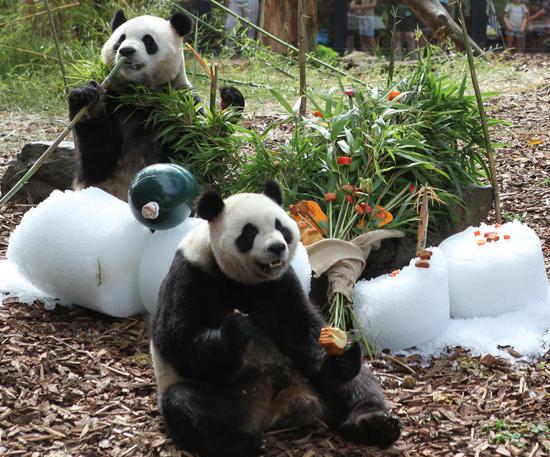

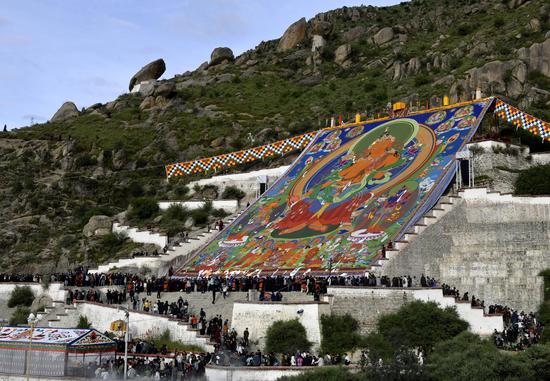


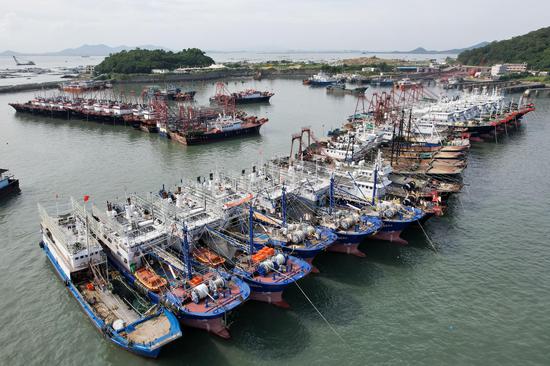




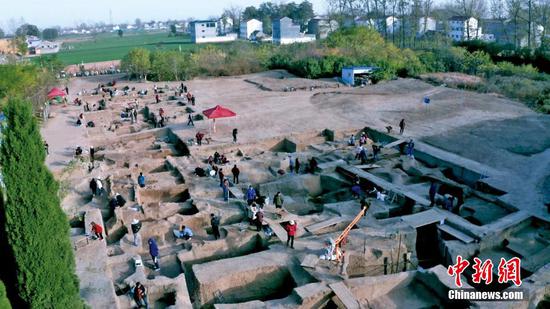
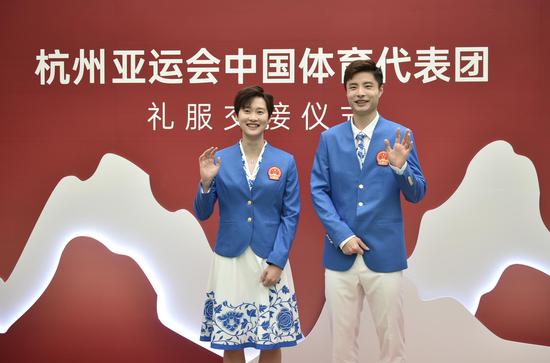
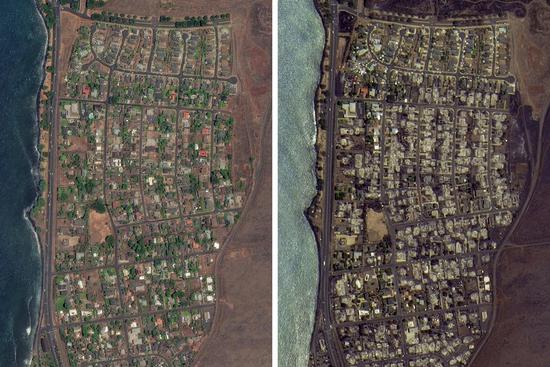



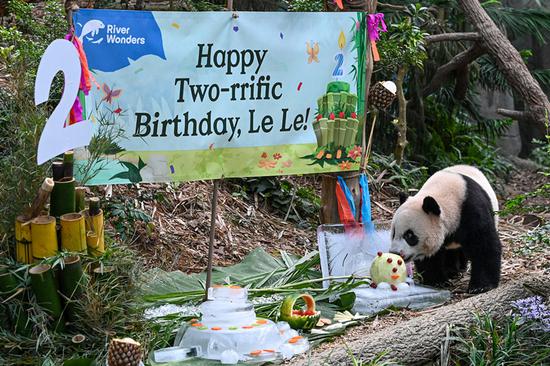
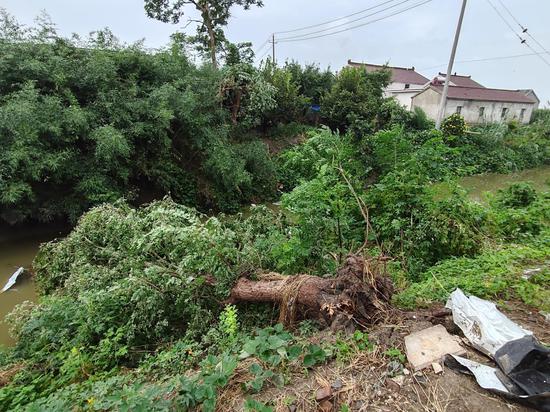

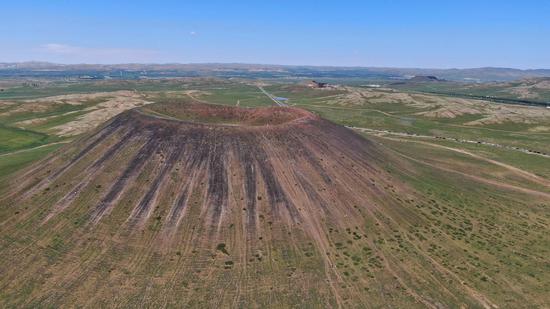
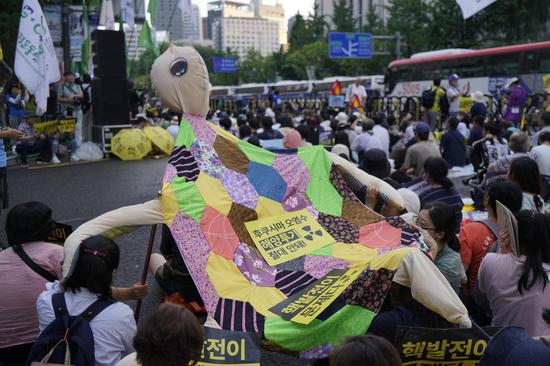
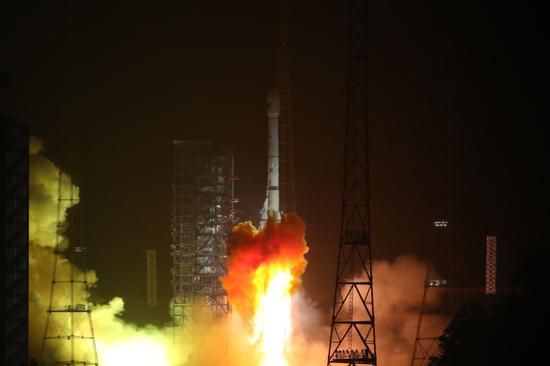


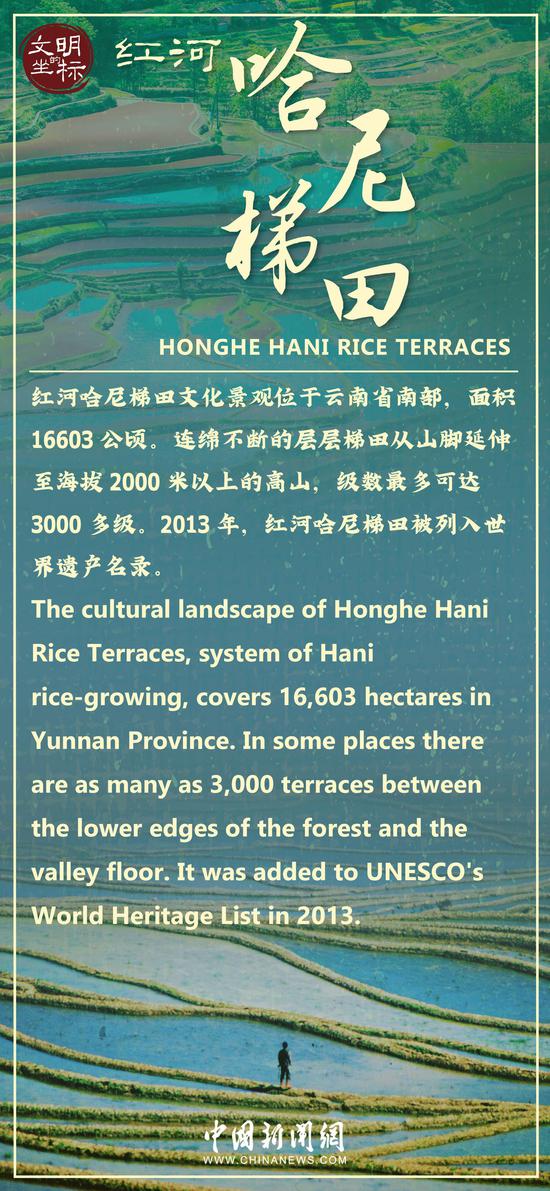
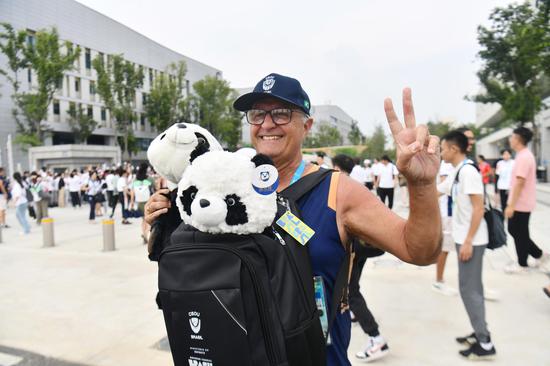



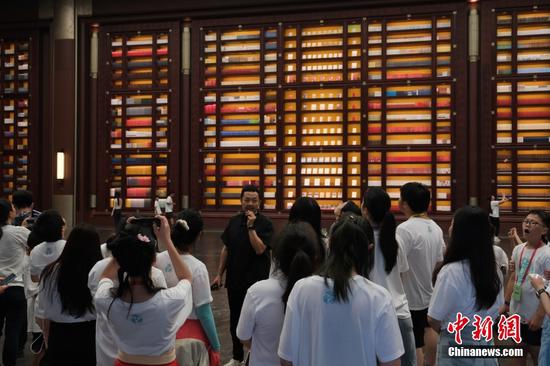

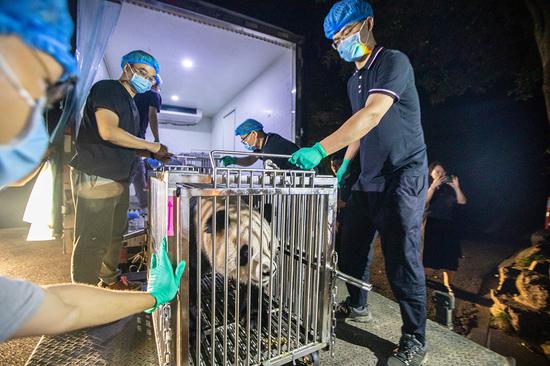






 京公網(wǎng)安備 11010202009201號
京公網(wǎng)安備 11010202009201號